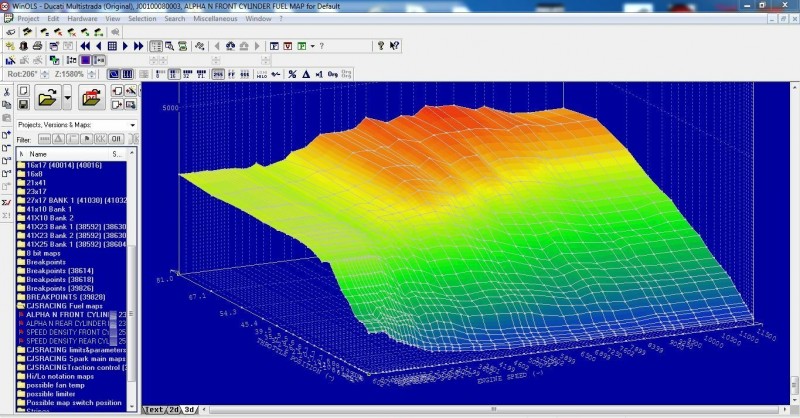Chip tuning, also known as remapping, is a popular technique used by car enthusiasts to enhance the performance of their vehicles. By modifying the software that controls the engine, chip tuning can increase power, improve fuel efficiency, and enhance overall driving experience.
Central to the process of chip tuning is the chip tuning file, which contains the necessary instructions for the engine to operate optimally. If you are looking for chip tuning files you can navigate to https://jfautomotive.co.uk/. In this article, we will explore how chip tuning files work and why they matter in the world of automotive performance.

Image Source:- Google
Chip tuning files also referred to as engine control unit (ECU) files, are the digital maps that dictate how the engine operates. They contain a series of parameters that control fuel timing, boost pressure, ignition timing, and other critical engine functions. These files are stored in the ECU, a small computer that monitors and controls various aspects of the engine's performance.
Chip tuning files work by modifying the parameters in the ECU to optimize engine performance. The process involves identifying the areas in the existing chip tuning file that can be adjusted to achieve the desired outcomes. Tuners use advanced software tools to analyze and modify the parameters, taking into account factors such as engine specifications, fuel quality, and driving conditions.
Chip tuning files matter because they unlock the hidden potential of an engine. Stock engines are designed with a balance of power, fuel efficiency, and emissions in mind. However, manufacturers often limit the engine's performance to meet regulatory requirements or to differentiate between different models in their lineup.
